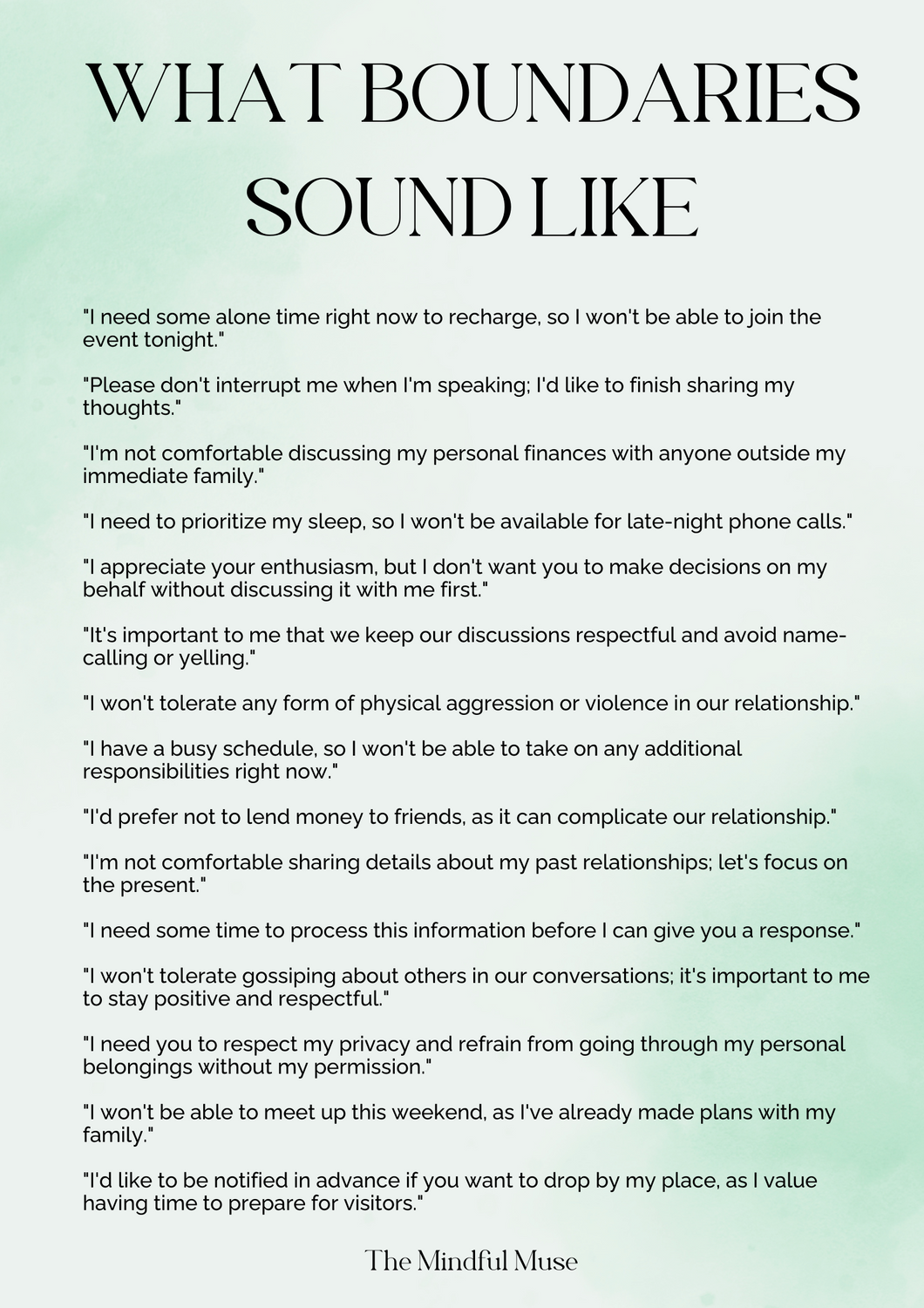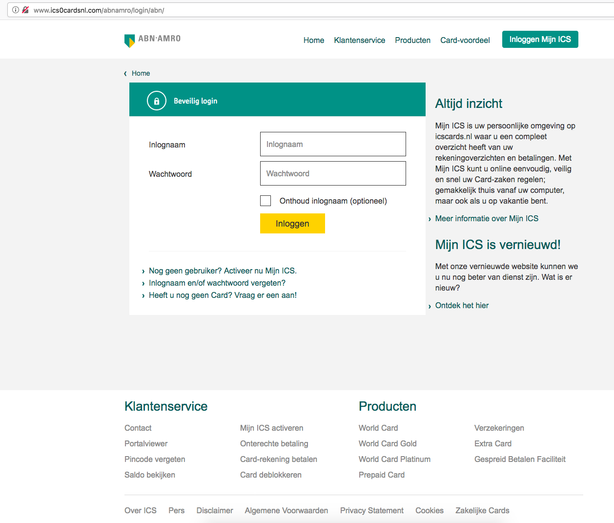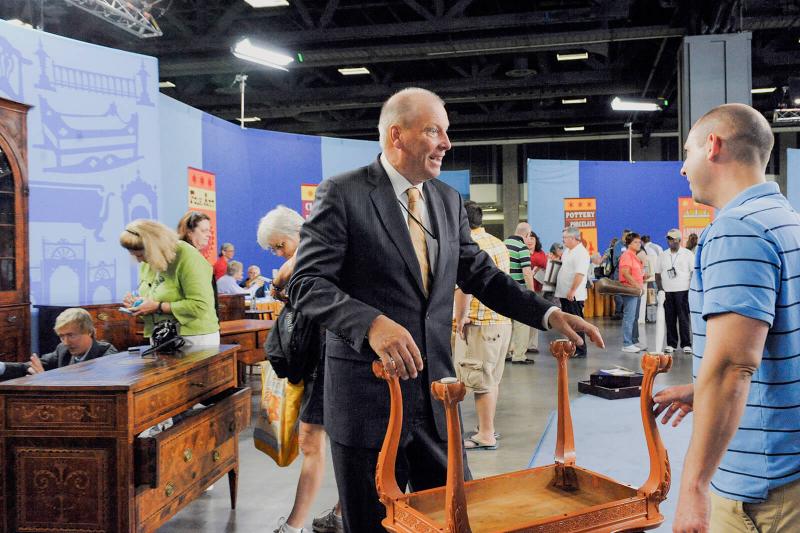Coping With A Love Monster: Strategies For Setting Boundaries And Protecting Yourself

Table of Contents
Recognizing the Signs of a "Love Monster" Relationship
Identifying a toxic relationship is the first step towards escaping its grasp. Recognizing the subtle and overt signs of a "love monster" is crucial for your well-being.
Identifying Controlling Behaviors
Controlling behaviors are a hallmark of unhealthy relationships. These behaviors aim to restrict your autonomy and independence. Watch out for:
- Excessive jealousy and possessiveness: Your partner constantly questions your whereabouts, friendships, and interactions with others. This often stems from insecurity and a need for control.
- Constant monitoring of your whereabouts and activities: They may track your location, check your phone, or demand constant updates on your schedule.
- Isolation from friends and family: Your partner actively tries to limit your contact with loved ones, creating a dependence on them.
- Attempts to control your finances or career choices: They might dictate how you spend money, pressure you to quit your job, or interfere with your professional aspirations.
- Using guilt or shame to manipulate your decisions: They might make you feel responsible for their unhappiness or use emotional blackmail to get their way. This is a classic tactic of toxic relationships.
Recognizing Emotional Abuse
Emotional abuse is often insidious and can be harder to recognize than physical abuse. However, it's equally damaging. Be aware of:
- Verbal abuse, insults, and belittling remarks: Constant criticism, name-calling, and put-downs erode your self-esteem.
- Gaslighting: This manipulative tactic makes you question your own sanity and perception of reality. They deny events happened or twist your words to make you feel confused and insecure.
- Threats and intimidation: They might threaten to harm you, themselves, or others to control your behavior.
- Emotional blackmail and manipulation: They use your emotions against you, leveraging guilt or fear to get what they want.
- Constant criticism and negativity: They consistently find fault with you, your actions, and your choices, undermining your confidence.
Understanding the Cycle of Abuse
Understanding the cyclical nature of abuse is critical. Many unhealthy relationships follow a predictable pattern:
- Tension building: A period of increasing tension, irritability, and minor arguments.
- Explosion: The tension culminates in an outburst of anger, abuse (verbal, emotional, or physical), or controlling behavior.
- Honeymoon phase: The abuser apologizes profusely, expresses remorse, and promises to change, creating a false sense of hope and making it difficult for the victim to leave.
This cycle traps victims, reinforcing the unhealthy dynamic and making it harder to break free from the toxic relationship.
Setting Healthy Boundaries in a Toxic Relationship
Setting boundaries is crucial for protecting yourself in a toxic relationship. This involves clearly communicating your needs and enforcing consequences for violations.
Communicating Your Needs Clearly
Effective communication is key to setting boundaries. Learn to:
- Use "I" statements: Express your feelings without blaming or accusing. For example, say "I feel hurt when you..." instead of "You always...".
- Be assertive and direct: State your boundaries clearly and confidently. Don't be afraid to say no.
- Examples of boundary statements: "I need space when I'm feeling overwhelmed," "I won't tolerate insults or belittling remarks," "I need you to respect my time and not constantly interrupt me."
Enforcing Your Boundaries
Setting boundaries is only effective if you enforce them consistently. This might involve:
- Consequences for boundary violations: This could range from ending a conversation, leaving a situation, to taking a break from the relationship.
- Importance of consistency: Inconsistency weakens your boundaries and sends mixed signals. Be firm and consistent in your actions.
- Dealing with resistance or anger from the partner: Expect resistance and anger. Remain calm, reiterate your boundaries, and stick to your consequences.
Protecting Your Emotional Well-being
Prioritizing your emotional health is paramount. Engage in:
- Self-care activities: Exercise, healthy eating, relaxation techniques, and hobbies can help manage stress and boost your resilience.
- Seeking support: Talk to trusted friends, family, or a therapist. Sharing your experiences can provide validation and support.
- Limiting contact: Reduce contact with the toxic individual as much as possible, especially during particularly difficult periods.
Seeking Help and Support to Escape a Toxic Relationship
Leaving a toxic relationship can be challenging, but you don't have to do it alone. Seek help and support from professionals and your support network.
Professional Help
Professional help can provide invaluable guidance and support:
- Benefits of therapy: Individual therapy can help you process your experiences and develop coping mechanisms. Couples counseling can sometimes be helpful, but only if the abuser is willing to actively participate and change their behavior.
- Finding a therapist: Seek out therapists specializing in abusive relationships or trauma.
- Support groups: Connecting with others who have experienced similar situations can provide comfort and validation.
Legal Protection
In some cases, legal protection may be necessary:
- Understanding legal options: Research restraining orders or other legal avenues to protect yourself.
- Seeking legal advice: Consult with a qualified attorney to understand your rights and options.
- Documenting instances of abuse: Keep a detailed record of abusive incidents, including dates, times, and any witnesses.
Building a Support System
Lean on your support network:
- Trusted friends and family: Share your experiences and seek their emotional support.
- Support groups: Join support groups for survivors of abuse to connect with others who understand.
- Healthy relationships: Focus on cultivating healthy relationships with people who respect and value you.
Conclusion
Identifying and coping with a "love monster" relationship requires courage and self-awareness. By recognizing the signs of emotional abuse and establishing firm boundaries, you can reclaim your emotional well-being and build a healthier future. Remember, you deserve respect and healthy relationships. If you are struggling with a toxic relationship, don't hesitate to seek professional help and build a supportive network. Taking action to escape a "love monster" relationship is a crucial step towards a life free from emotional abuse and filled with genuine love and respect. Learn more about recognizing and escaping unhealthy relationships—take control of your life and break free from the "love monster."

Featured Posts
-
 Peppa Pigs Parents Throw Gender Reveal Party A Look Inside
May 21, 2025
Peppa Pigs Parents Throw Gender Reveal Party A Look Inside
May 21, 2025 -
 Thlatht Laebyn Yndmwn Lawl Mrt Lsfwf Mntkhb Alwlayat Almthdt Alamrykyt
May 21, 2025
Thlatht Laebyn Yndmwn Lawl Mrt Lsfwf Mntkhb Alwlayat Almthdt Alamrykyt
May 21, 2025 -
 Noumatrouff Mulhouse Une Soiree Hellfest
May 21, 2025
Noumatrouff Mulhouse Une Soiree Hellfest
May 21, 2025 -
 Alles Over Het Kamerbrief Verkoopprogramma Voor Abn Amro Certificaten
May 21, 2025
Alles Over Het Kamerbrief Verkoopprogramma Voor Abn Amro Certificaten
May 21, 2025 -
 Musique Le Hellfest Investit Le Noumatrouff De Mulhouse
May 21, 2025
Musique Le Hellfest Investit Le Noumatrouff De Mulhouse
May 21, 2025
Latest Posts
-
 Couple Arrested Following Antiques Roadshow Appraisal Of National Treasure
May 21, 2025
Couple Arrested Following Antiques Roadshow Appraisal Of National Treasure
May 21, 2025 -
 Antiques Roadshow Stolen Goods Result In Criminal Charges
May 21, 2025
Antiques Roadshow Stolen Goods Result In Criminal Charges
May 21, 2025 -
 Antiques Roadshow Arrest Couple Charged With Trafficking National Treasure
May 21, 2025
Antiques Roadshow Arrest Couple Charged With Trafficking National Treasure
May 21, 2025 -
 Jail Sentence After Antiques Roadshow Appraisal Uncovers Theft
May 21, 2025
Jail Sentence After Antiques Roadshow Appraisal Uncovers Theft
May 21, 2025 -
 National Treasure Trafficking Antiques Roadshow Episode Results In Arrests
May 21, 2025
National Treasure Trafficking Antiques Roadshow Episode Results In Arrests
May 21, 2025
